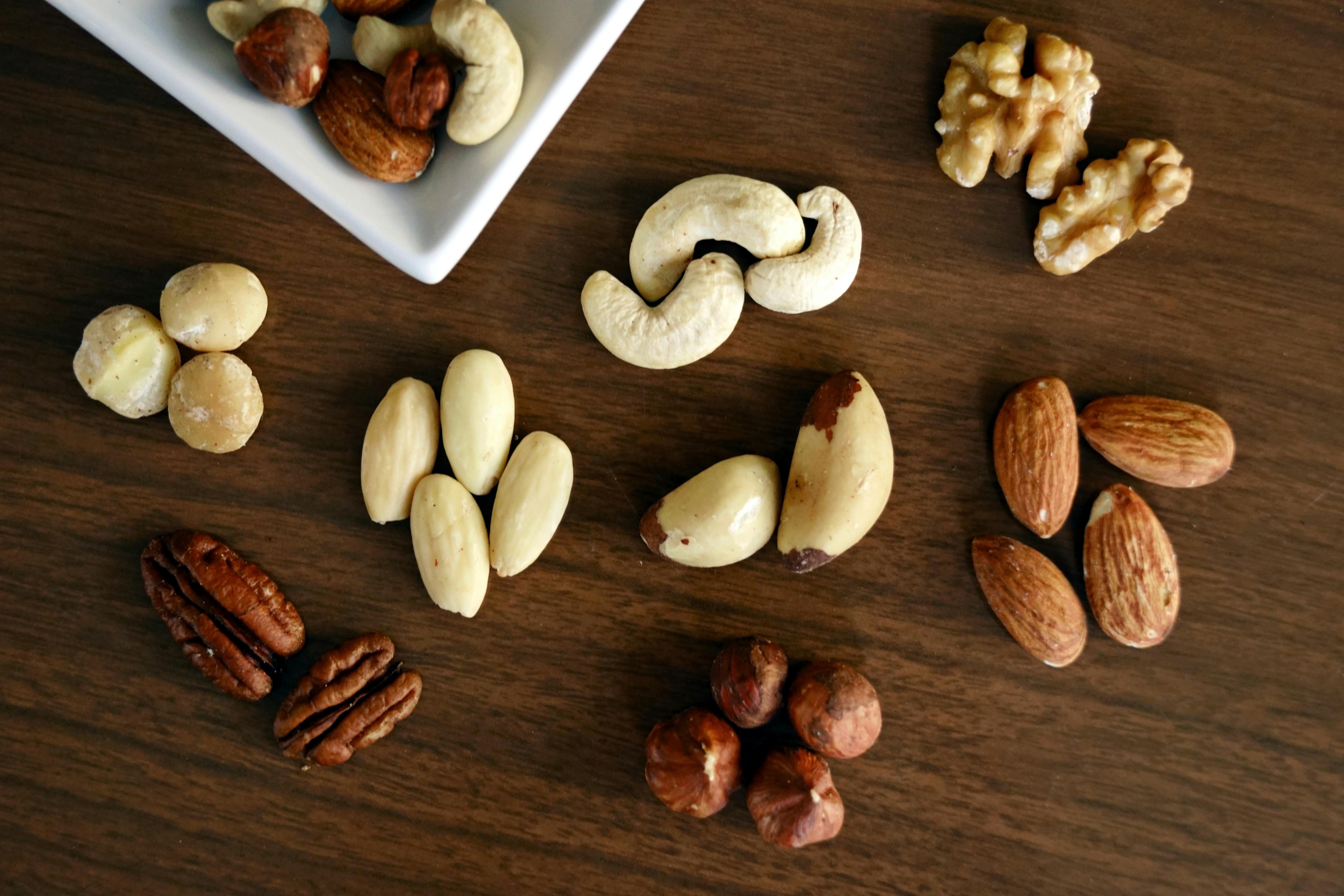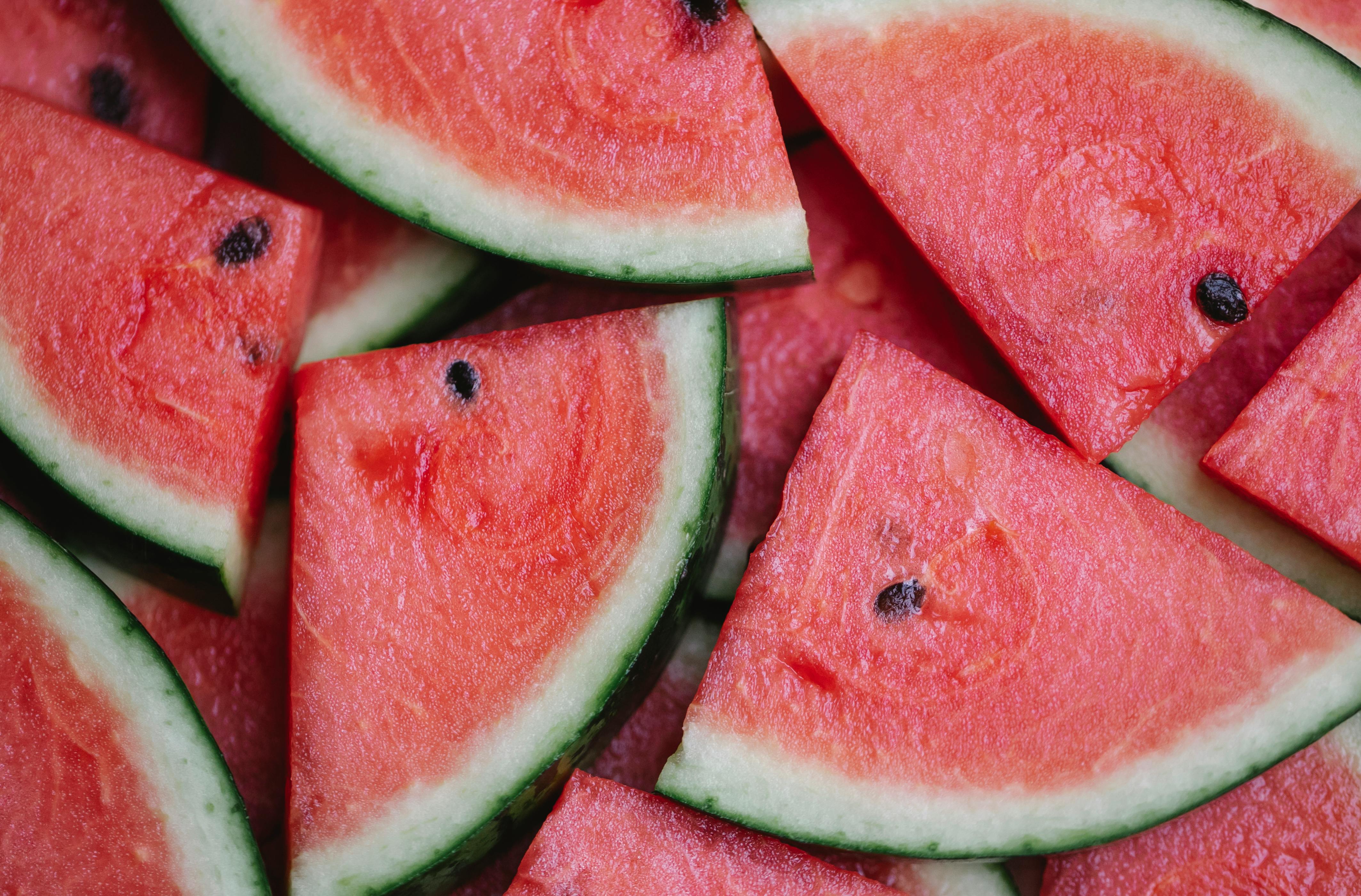Fruit Flies and Fruit
Fruit flies are small insects that belong to the family of Tephritidae. They are commonly found in areas where fruits and vegetables are grown, stored, or processed. Fruit flies feed on the sap of fruit and other plant material, which makes them a major pest in agricultural settings. As their name suggests, they are most commonly associated with fruit-bearing plants such as apples, oranges, and grapes.Fruit flies have a lifecycle that consists of four stages: egg, larva, pupa, and adult. This process begins when an adult female lays her eggs inside or near ripe or overripe fruit. After hatching from the eggs, the larvae feed on the decaying fruit until they reach maturity. Once mature, they will emerge as adults and start to reproduce again.Due to their close proximity to fruit, there is certainly a connection between fruit flies and fruit – but it is important to note that not all species of Tephritidae are attracted to fruits. Some species feed on flowers or other vegetation instead. Furthermore, while some species may be considered pests due to their feeding habits on crops, others may actually be beneficial because they can help pollinate flowers and disperse seeds from one plant to another.In conclusion, there is an undeniable connection between fruit flies and fruit – but it is important to remember that not all species feed exclusively on fruits or vegetables. Furthermore, some species may actually be beneficial for agricultural purposes due to their pollination abilities.Life Cycle of a Fruit Fly
The life cycle of a fruit fly begins when a female lays her eggs near overripe or rotting fruit. The eggs will hatch within 24 hours and the larvae will feed on the organic material. After about four to five days, the larvae will enter the pupal stage and form a cocoon. During this time, the pupae are sealed in a protective case and undergo metamorphosis. After seven to ten days, adult fruit flies emerge from the pupal cases and begin to mate almost immediately. The lifespan of an adult fruit fly is typically two to four weeks, during which time the female will lay up to 500 eggs in batches of around 50-150 eggs. These eggs will then hatch into larvae and begin the cycle all over again.Fruit flies can complete their life cycle in as little as eight days under ideal conditions, but may take up to two weeks or longer under unfavorable conditions. During this time, they may go through several generations before eventually dying off due to environmental factors such as temperature or lack of food sources. It is important for homeowners and businesses to monitor for signs of infestation in order to prevent fruit fly populations from becoming established indoors or outdoors.
How Do Fruit Flies Reproduce?
Fruit flies reproduce through a process known as sexual reproduction. During this process, two flies will mate and combine their genetic material to create offspring. The female fruit fly will then lay her eggs on or near a source of food, such as overripe fruits and vegetables. When the eggs hatch, they will feed off the nearby food source until they reach adulthood. The entire reproductive cycle of a fruit fly can take anywhere from 8-10 days depending on the environmental conditions.The male and female fruit flies will usually mate in midair, with the male clasping onto the female’s back and transferring sperm into her reproductive system through a specialized organ known as an ejaculatory duct. The female will then store this sperm in an organ called the spermatheca, which she can use to fertilize her eggs over successive generations. Female fruit flies are able to lay up to 500 eggs during their lifetime, often in batches of 10-20 at a time.
Once laid, the eggs take about 24 hours to hatch into larvae or “maggots” which feed off the surrounding food source until they reach adulthood after about 7 days. During this time they will molt several times before pupating into adults within their pupal cases for another 10-12 days. After emerging from their pupal cases, adult fruit flies are ready to mate and begin the process again.
How Do Fruit Flies Infest Homes?
Fruit flies are a common problem in many homes. They are small, brownish-gray insects that feed on the sugary juices of ripe fruits and vegetables. They can also breed in drains, garbage disposals, and other areas where organic matter accumulates. These pests can be difficult to control once they invade a home.Fruit flies are attracted to sugary liquids and decaying organic material, such as overripe fruits and vegetables. The most common way for them to enter a home is through unsealed containers of food or beverages that have been left out or improperly stored. They can also enter through open windows or doors or by hitchhiking on fresh produce brought into the home from grocery stores or markets. Once inside, they can quickly reproduce in moist environments like drains, garbage disposals, mop buckets, and trash cans.It is important to properly store food items such as fruit and vegetables in sealed containers and keep all kitchen surfaces clean to prevent fruit fly infestations. Additionally, it is important to regularly clean out drains, mop buckets, garbage disposals, and other areas where organic debris accumulates. If an infestation does occur, professional pest control services may be necessary to help eliminate the problem.
What Attracts Fruit Flies?
Fruit flies are attracted to a variety of different foods and materials. They love the smell of ripening fruit, vegetables, and other organic materials such as decaying meat, fish, and garbage. In addition, they are drawn to sweet liquids like soda and beer, as well as sugary liquids in general. They can also be attracted to fermenting items such as over-ripe fruits or vegetables, or any other material that is high in sugar content.Fruit flies also love moisture and warm temperatures. This is why you often find them in bathrooms or kitchens where they have access to damp towels and sponges. They also thrive in areas with high levels of humidity such as greenhouses or other moist environments.
The presence of fruit flies can also indicate the presence of other pests such as mites, beetles, and ants. These pests are often attracted to the same things that attract fruit flies so it is important to keep an eye out for them if you are dealing with a fruit fly infestation.
In order to prevent a fruit fly infestation from occurring in your home, it is important to keep food stored properly and to clean up any spills or messes right away. It is also important to make sure that windows and doors are properly sealed so that they cannot get inside the home. Additionally, keeping areas dry and free from excess moisture will help deter these pests from entering your space.
Do Fruit Flies Come From Bananas?
Fruit flies are often attracted to ripe bananas, as they provide a perfect breeding ground. To prevent infestations, consider implementing tips to deter fruit flies. Keeping fruit in sealed containers, cleaning spills promptly, and disposing of overripe bananas can significantly reduce their presence in your kitchen.
Should I Throw Away Spoiled Fruits to Get Rid of Fruit Flies?
Throwing away spoiled fruits is an effective way to get rid of fruit flies. These pests are attracted to the smell of fermented and overripe fruits, so disposing of them can help prevent an infestation. Fruit flies breed quickly, so it is important to act fast once you notice a few around your home.When discarding spoiled fruits, it is important to make sure they are properly sealed in a bag or container before placing them in a garbage can or compost bin. This will help contain the odor and prevent any more fruit flies from entering your home. It is also important to clean any areas where the rotten fruit was located and remove any other potential sources of food or water for the insects.It is also important to check for other signs of infestation such as larvae and eggs, which may be present on ripe fruits or vegetables near the rotten ones. If these are present, it might be necessary to use an insecticide spray or another type of product specifically designed for killing fruit flies in order to get rid of them completely.In conclusion, throwing away spoiled fruits is an effective way to get rid of fruit flies. However, it is important to take precautions when disposing of these items and check for signs of infestation such as larvae and eggs in order to ensure that all sources of food or water have been eliminated and no more pests enter your home.What are Some Effective Ways to Get Rid of Fruit Flies?
Fruit flies are one of the most common household pests, and they can be a real nuisance. Fortunately, there are some effective ways to get rid of fruit flies and keep them out of your home.One of the most effective ways to get rid of fruit flies is with an apple cider vinegar trap. Simply fill a jar or bowl with a mixture of apple cider vinegar, dish soap, and sugar. The sugar will attract the fruit flies, while the soap will break the surface tension of the vinegar so that they will drown. Place this trap near areas where you’ve seen fruit flies, such as near windows or in your kitchen.You can also use chemical traps to get rid of fruit flies. These traps contain a chemical that attracts and kills the fruit flies when they come into contact with it. Chemical traps are available in a variety of forms, including aerosol sprays and baits that you can place around your home.Another way to keep fruit flies away is by removing possible breeding sources from your home. Make sure to keep all produce stored in airtight containers so that it won’t attract any unwanted visitors. Also be sure to clean up any spills or crumbs right away so that they don’t become a breeding ground for fruit flies.Finally, if all else fails, you may need to call in professional pest control services for help with getting rid of your fruit fly problem. Professional pest control services can provide more targeted treatments and help ensure that all potential sources of infestation are eliminated from your home.By following these tips, you should be able to get rid of any existing fruit fly infestations and prevent future ones from taking hold in your home!

Conclusion
Fruit flies are incredibly common insects that can be found in most parts of the world. Although their name implies they come from fruit, this is not necessarily always the case. They can originate from a variety of environments, including rotting foods, pet food, and other decaying organic matter. Even if fruit is present in an environment, other sources of food are likely to attract them as well. In conclusion, the answer to the question “Do fruit flies come from fruit?” is not a simple yes or no. Even though they are often found on and around fruit, they may have originated from other sources as well.In order to prevent an infestation of fruit flies, it is important to eliminate potential sources of food and keep areas clean and dry. This will help reduce their population and keep them from becoming a nuisance in your home or workspace.


